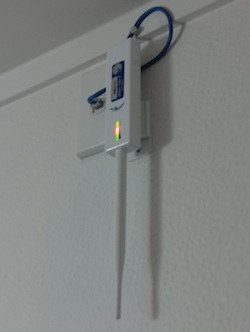Six Californias initiative makes a roaring comeback
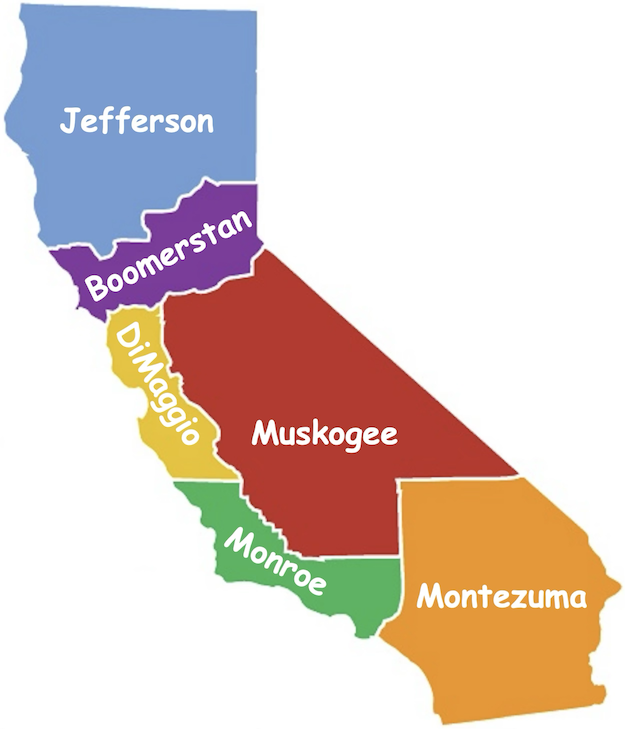
We’re giving the Six Californias initiative a boost. Kicking it in the pants and getting it moving again. Tim Draper’s original plan to break up California had one fatal flaw: stupid names for the new states. I’ve fixed that…
Jefferson – the one name of the original six that made any sense. It channels the head rush of the budding secession movement in the north, respects the fragrant history from which it stems and seeds the hopes of a mellower mañana.… More


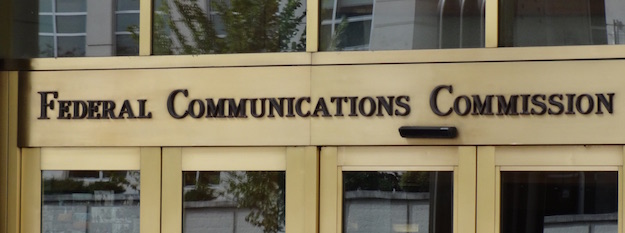
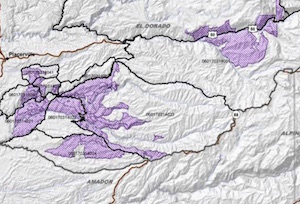
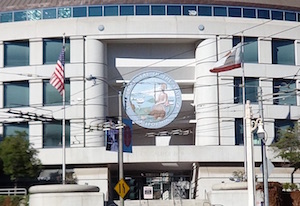
![By No machine-readable author provided. Bernd in Japan~commonswiki assumed (based on copyright claims). [Public domain], via Wikimedia Commons](https://www.tellusventure.com/images/2016/6/rabbit_ears.jpg)

![By Sage Ross (Own work) [CC BY-SA 3.0 (https://creativecommons.org/licenses/by-sa/3.0)], via Wikimedia Commons](https://www.tellusventure.com/images/2016/5/tantrum.jpg)

